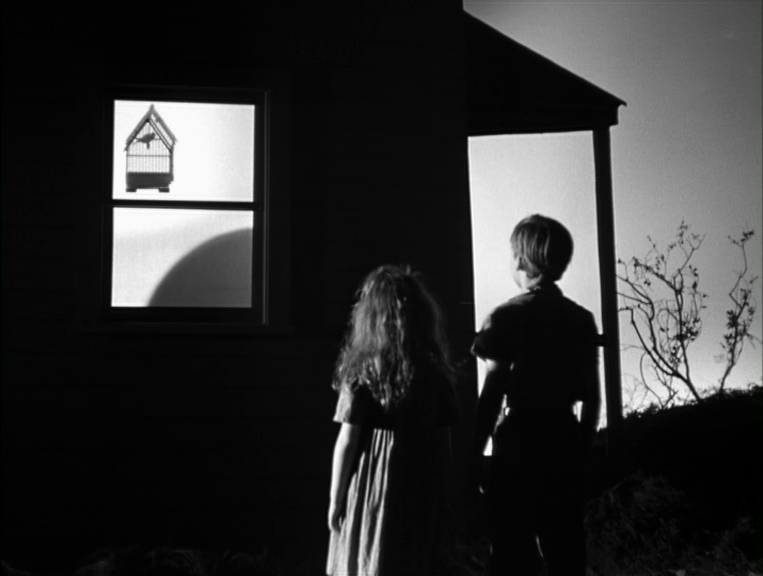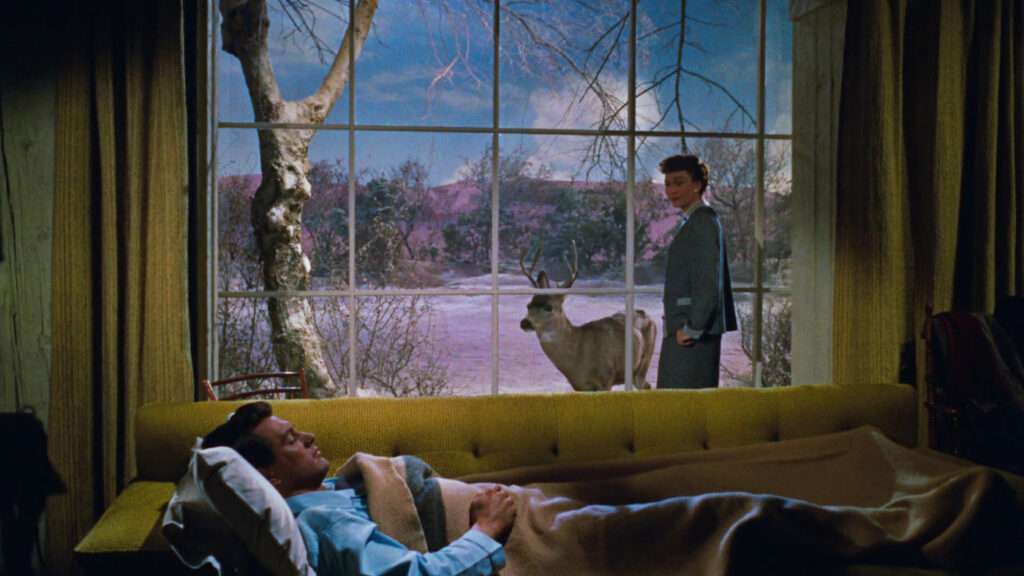At first glance, “Force Majeure” might not fit the traditional mold of a comedy. Directed by Ruben Östlund, this Swedish film delves deep into the psychology of a family on the brink of unraveling, set against the backdrop of a breathtaking yet intimidating Alpine landscape. Yet, it is precisely in its exploration of human frailty, social norms, and the absurdity of trying to maintain appearances in the face of natural and personal disasters that “Force Majeure” reveals its intelligent comedic core.
“Force Majeure” (2014) is a Swedish tragicomedy that explores the dynamics of a family on the brink of disarray during a ski vacation in the French Alps. When an avalanche appears to threaten the family during lunch at a mountainside restaurant, the father’s instinctive reaction to flee, shakes the family’s trust and forces them to reevaluate their relationships, his masculinity, and societal roles.

Uncomfortable Laughter
One of the defining features of “Force Majeure” is its ability to make audiences laugh uncomfortably at the most serious of situations. The film uses a catastrophic event—a controlled avalanche that appears to be heading straight for the dining area of a ski resort where the family is having lunch—as a catalyst to explore the dynamics and expectations within a family unit. The father’s instinctual reaction to flee, leaving his wife and children behind, serves as the central plot point around which the comedy unfolds. The tension between what society expects from individuals in terms of heroism and self-sacrifice versus the primal instinct for self-preservation provides fertile ground for a comedy that is as thought-provoking as it is humorous.

Satirical Elements
“Force Majeure” excels in its use of satire, targeting the veneer of perfection and control that people, especially those in familial or societal positions of authority, attempt to maintain. The film scrutinizes the illusion of male bravery and the expectations placed on fathers and husbands, juxtaposing these against the unpredictable and often uncontrollable forces of nature. This satirical lens not only offers humor but also invites viewers to question their own values and the societal norms that shape their actions.
Subtlety and Nuance
The comedy in “Force Majeure” is never overt or slapstick. Instead, it operates through subtlety and nuance, relying on the viewers’ engagement with the characters and their predicaments to generate humor. The film uses long takes, awkward silences, and the stunning, indifferent landscape of the Alps to emphasize the smallness and pettiness of human concerns and conflicts. This approach allows for a humor that is intellectual, requiring the audience to actively connect with the underlying themes and social commentary.

The Human Condition
At its core, “Force Majeure” is a study of the human condition, exploring themes of vulnerability, pride, and the complex nature of relationships. The intelligent comedy emerges from the recognition of these universal experiences, making the laughter it provokes one of recognition and empathy rather than mockery. The film invites viewers to laugh not just at the characters’ misfortunes but also at their own imperfections and the absurd ways in which people navigate life’s unpredictabilities.

Conclusion
“Force Majeure” stands out as an intelligent comedy because it does more than simply entertain. Through its exploration of societal norms, personal failings, and the often absurd human reaction to crisis, it offers a unique form of humor that is as reflective as it is amusing. In doing so, “Force Majeure” not only provides laughter but also a deeper understanding of the human psyche and the societal constructs that shape our behavior. In the end, it is this blend of humor and insight that makes the film a truly intelligent comedic experience.




